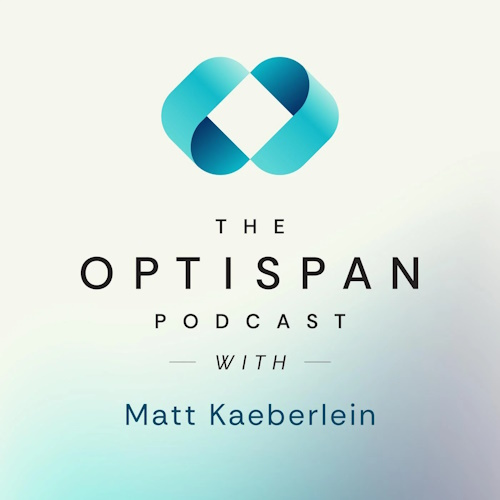The Benefits of Protein Restriction, How Protein Affects Hormones & FGF21
Matt and Cristal discuss fibroblast growth factor 21 (FGF21) and its influence on ageing
At the American Aging Association meeting, Matt met Cristal Hill, a USC professor who studies how dietary protein affects ageing. They discuss the role of fibroblast growth factor 21 (FGF21), a hormone that regulates metabolism and energy use, its potential in obesity treatment, and the effects of protein restriction on health and lifespan. The episode also explains key genetic concepts like "wildtype," "knockout," and "transgenic" organisms.
Key points
In this episode, Matt and Cristal discuss FGF21, a hormone produced by the liver, and its influence on food preferences and metabolism, as well as the effects of protein restriction on longevity.
- Protein Restriction and Longevity: Research has shown that restricting protein in diets can extend lifespan in mice, largely due to the hormone FGF21, which is produced in response to low protein intake.
- FGF21 and Growth Hormone: FGF21 is known to inhibit growth hormone, leading to smaller body size in animals with high levels of this hormone, which may contribute to longer lifespans.
- Liver-Brain Communication: FGF21 is produced in the liver and acts on the brain, influencing food intake and energy expenditure. This hormone plays a crucial role in signalling when the body is experiencing protein restriction.
- Diet and Hormonal Response: A low-protein diet increases the production of FGF21, which helps the body adapt to the reduced protein intake by increasing stress responses without causing malnutrition.
- Impact of Protein Levels: Reducing dietary protein to about 5% of total caloric intake is sufficient to trigger beneficial effects, such as increased lifespan, but further reduction below this level can be harmful.
- Mechanism of Action: FGF21 operates through a specific receptor complex involving beta-Klotho, which is essential for the hormone’s effects on metabolic health and longevity.
- Brain's Role in Longevity: FGF21’s impact on lifespan is heavily mediated by its action in the brain. Knocking out the beta-Klotho receptor in the brain negates the benefits of protein restriction, leading to impaired glucose metabolism and energy expenditure.
- Research Gaps: Despite its significant effects, FGF21 has not been extensively studied in the field of ageing, partly due to challenges such as its short half-life and the cost of research. However, ongoing studies are exploring how natural diets can harness the hormone's benefits for healthspan and lifespan.
Visit website: https://www.youtube.com/watch?v=Nf1GhkAFiWY
See alsoDetails last updated 13-Aug-2024
Mentioned in this Resource
Cristal Hill
Assistant Professor of Gerontology at the University of Southern California Leonard Davis School of Gerontology



